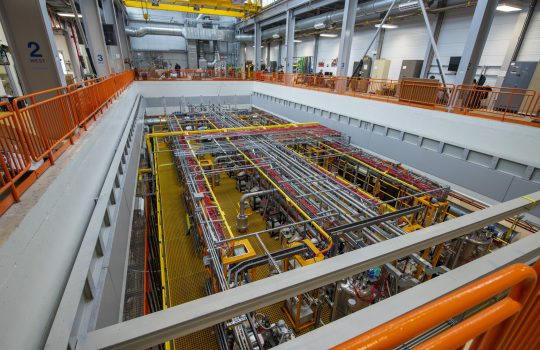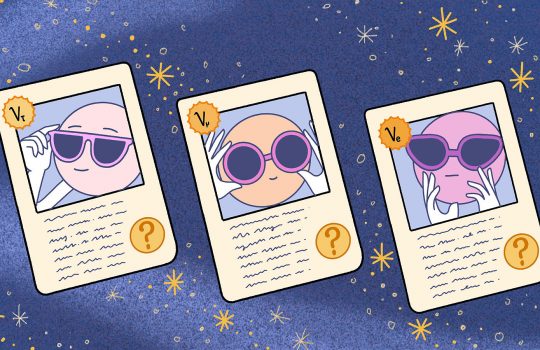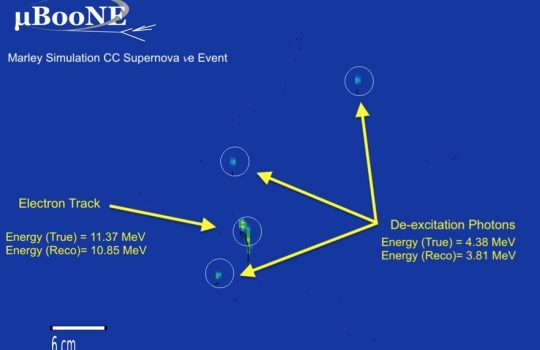ICARUS gets ready to fly
The ICARUS detector, part of Fermilab’s Short-Baseline Neutrino Program, will officially start its hunt for elusive sterile neutrinos this fall. The international collaboration led by Nobel laureate Carlo Rubbia successfully brought the detector online and is now collecting test data and making final improvements.



